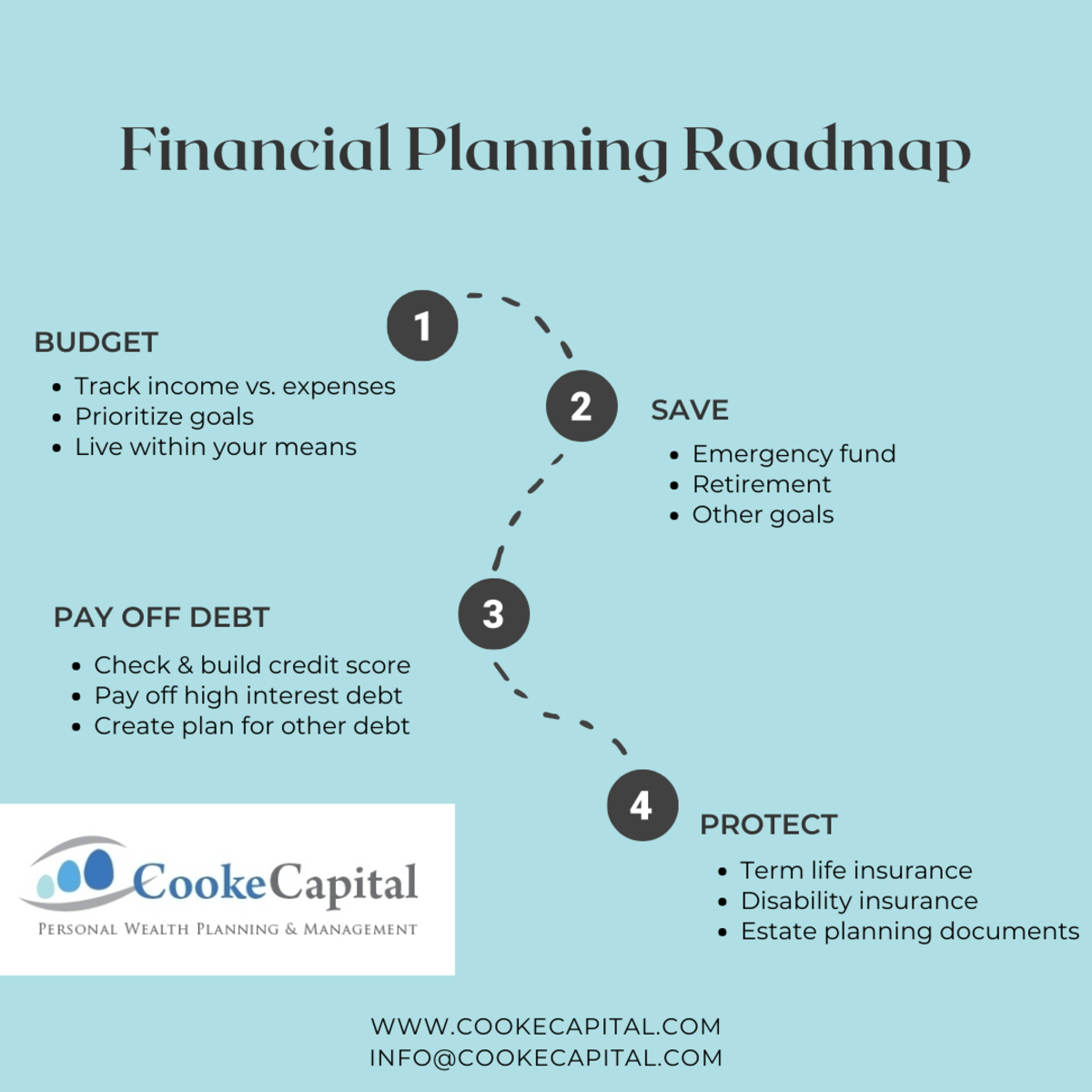As we go through life, we are often faced with major expenses that can either bring excitement or dread. Whether it’s buying a house, paying for education, or starting a family, these milestones require careful planning and financial commitment. It can feel overwhelming to think about how to budget for these significant expenses, but with a little bit of organization and foresight, you can create a financial roadmap that will help you navigate through these costly endeavors.
I have personally experienced the stress and anxiety that comes with major expenses. When my husband and I decided to purchase our first home, we knew that we needed a plan. With some research, consultations with financial advisors, and a lot of determination, we were able to create a roadmap that gave us confidence in achieving our goal. I want to share the steps we took, which you can also apply to any major expense you may be facing.
Step 1: Define Your Goal
The first step in creating a financial roadmap is to clearly define your goal. What is it that you want to achieve? Is it buying a house, saving for your child’s education, or starting a business? Once you have a specific goal in mind, you can begin to break it down into smaller, more manageable parts.
Step 2: Research and Estimate Costs
Understanding the costs associated with your goal is critical. Take the time to research and gather information about the expenses involved. If you are planning to buy a house, for example, consider not only the purchase price but also closing costs, inspection fees, and potential renovations. By estimating these costs, you can establish a realistic financial target.
Step 3: Assess Your Current Financial Situation
In order to create an effective roadmap, you need to know where you currently stand financially. Take a thorough look at your income, expenses, and savings. This will give you a clear picture of your financial capabilities and help you determine how much you can allocate towards your goal.
Step 4: Develop a Budget
Creating a budget is crucial in achieving your financial goals. Start by listing all your monthly income and expenses. This will help you identify areas where you can cut back and save more. Be realistic and flexible with your budget, as unforeseen expenses may arise. Include a buffer for emergencies or unexpected costs that may come your way.
Step 5: Set Milestones and Deadlines
Breaking your goal down into smaller milestones and setting deadlines can help you stay motivated and on track. For example, if your goal is to save for a down payment on a house in five years, set yearly targets and track your progress. Celebrate each milestone achieved, as it will keep you motivated on your financial journey.
Step 6: Explore Saving and Investment Options
Consider different saving and investment options that will help you maximize your financial growth. Look into high-yield savings accounts, certificates of deposit (CDs), or even investment portfolios. Consult with a financial advisor to explore the best options that align with your risk tolerance and investment goals.
Step 7: Prioritize and Make Sacrifices
Achieving major expenses often requires making sacrifices along the way. Consider cutting back on discretionary spending and prioritize your goal over short-term gratification. It’s important to remember that every small sacrifice brings you closer to your ultimate objective.
Step 8: Monitor and Adjust Your Roadmap
As life progresses, circumstances may change, and your financial roadmap may need adjustments. Regularly monitor your progress and reassess your goals. If necessary, make changes to your savings plan, budget, or timeline. Flexibility is key in adapting to unexpected situations.
Creating a financial roadmap takes time and dedication, but it is worth the effort. By defining your goals, researching costs, assessing your current financial situation, and developing a budget, you will have the foundation to achieve your major expenses. Setting milestones, exploring saving options, and making necessary sacrifices will keep you focused on your financial journey. Remember, it is essential to monitor and adjust your roadmap as needed. With determination and organization, you will be well on your way to achieving your goals and living your dreams.
